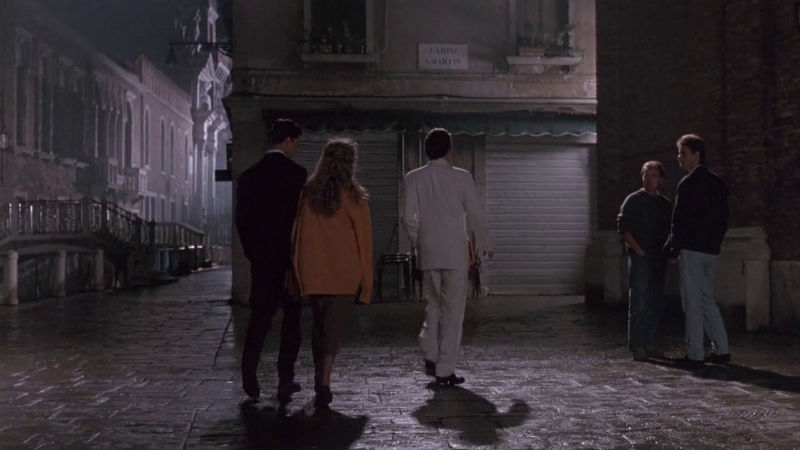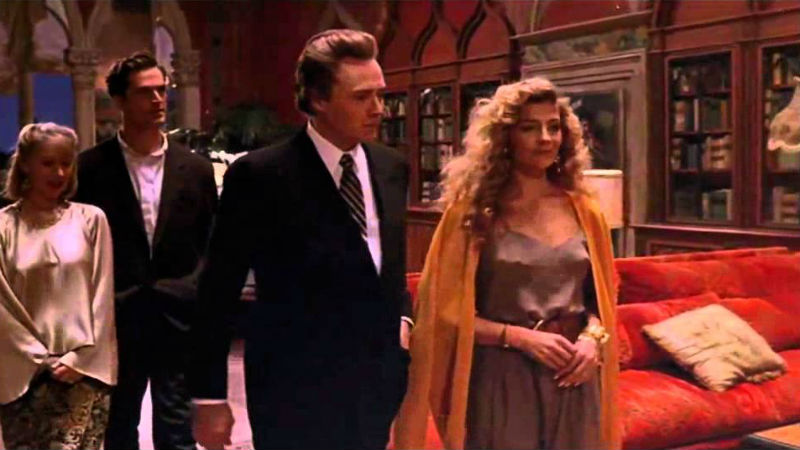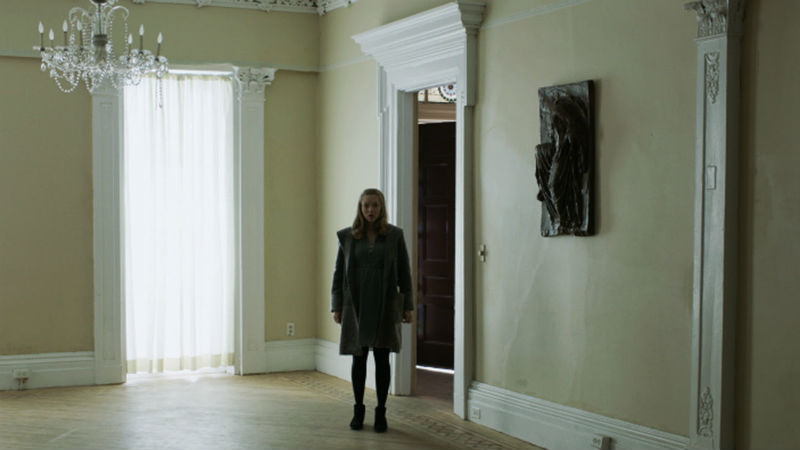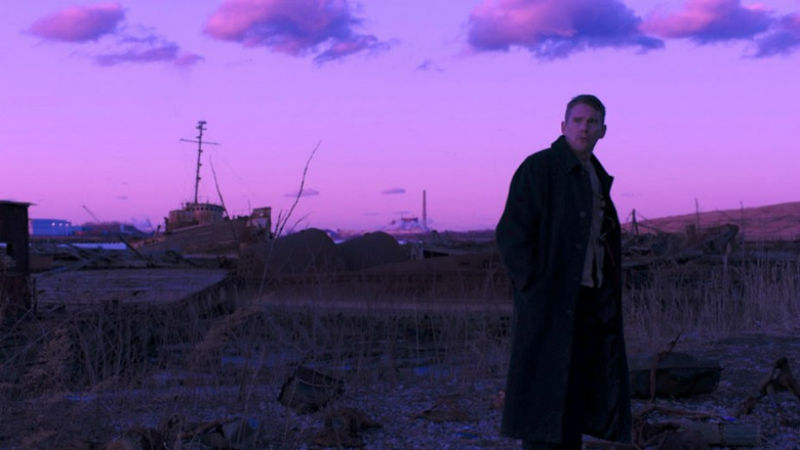Gardener Narvel (Joel Edgerton) peers over the land that he has tended almost singlehandedly throughout his life. Pensive and silently proud of his achievements, he is a little startled when landowner Norma (Sigourney Weaver) asks him to tend to her grandniece Maya (Quintessa Swindell). Situated in the middle of a Southern plantation, Narvel contemplates the craft and handiwork that led him to this point in history, and in Maya, he sees someone who gives him hope for the future.
Working from his own script, director Paul Schrader has crafted a story that uses the same premise as Cold Mountain (Anthony Minghella, 2003), but imbues it with enough personality to mark it out as a beast of different colour and nature. For one, the pacing is much slower, delving into the serious, spiritual-minded core of its central character. Narvel operates with slow deliberate caution, keenly understanding that one misplaced weed could spell the downfall of the territory. The film deals with class, consideration and purpose, plus it offers an evocative portrait of a vocation that’s as much aphoristic as it is ardent.
Between these tropes stands Edgerton, delivering the most refined performance of his career, lightly traipsing across the screen, every bone focused on the path that has brought him to this juncture in history. As Maya gains Narvel’s trust, he fosters a new role: to father and to mentor, treating his disciple to some private anecdotes that would otherwise never pass his lips. Best of all, he recognises a part of himself in his companion, although focused on the cigarette that presides on his lips, he peers at her with resigned caution and wistful abandon.
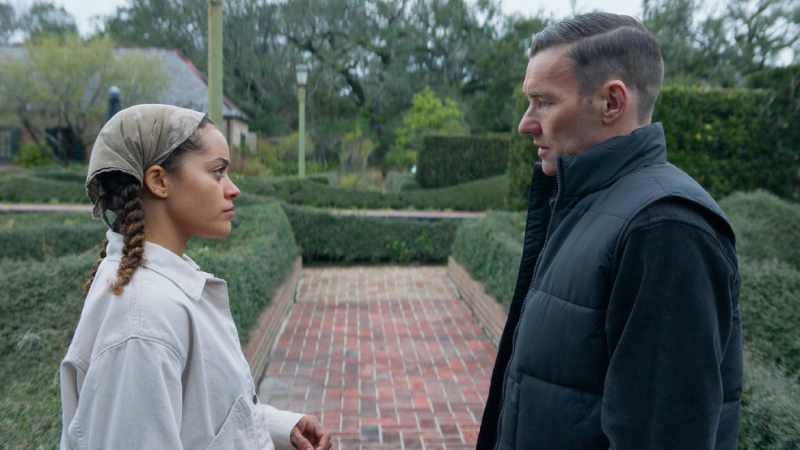
Writer/director Paul Schrader is probably best known for his work on Taxi Driver (Martin Scorsese, 1976): While only the most perverse of reviewers would draw comparisons between the works, Narvel bears many of the trappings that clung to Travis Bickle. Both men are fearful of the world they will leave for the next generation; both men hone their craft to match the confines of their immediate environment; and both decorate their bodies with their intractable failings (Bickle shaves his head in protest to the government; Narvel’s tattoos bear a more frightening past).
The character is dubious, but Edgerton plays him with stoic resilience, allowing the narrative threads to offer comprehension if not absolution. And it’s in this performance that Edgerton shows that his work is every bit as important as the story in front of him, by presenting a portrait that’s as fallible, yet as fiery, as the beats on the screen.
Master Gardener is in cinemas across the nation on Friday, May 26th. On all major VoD platforms on Monday, July 3rd.









